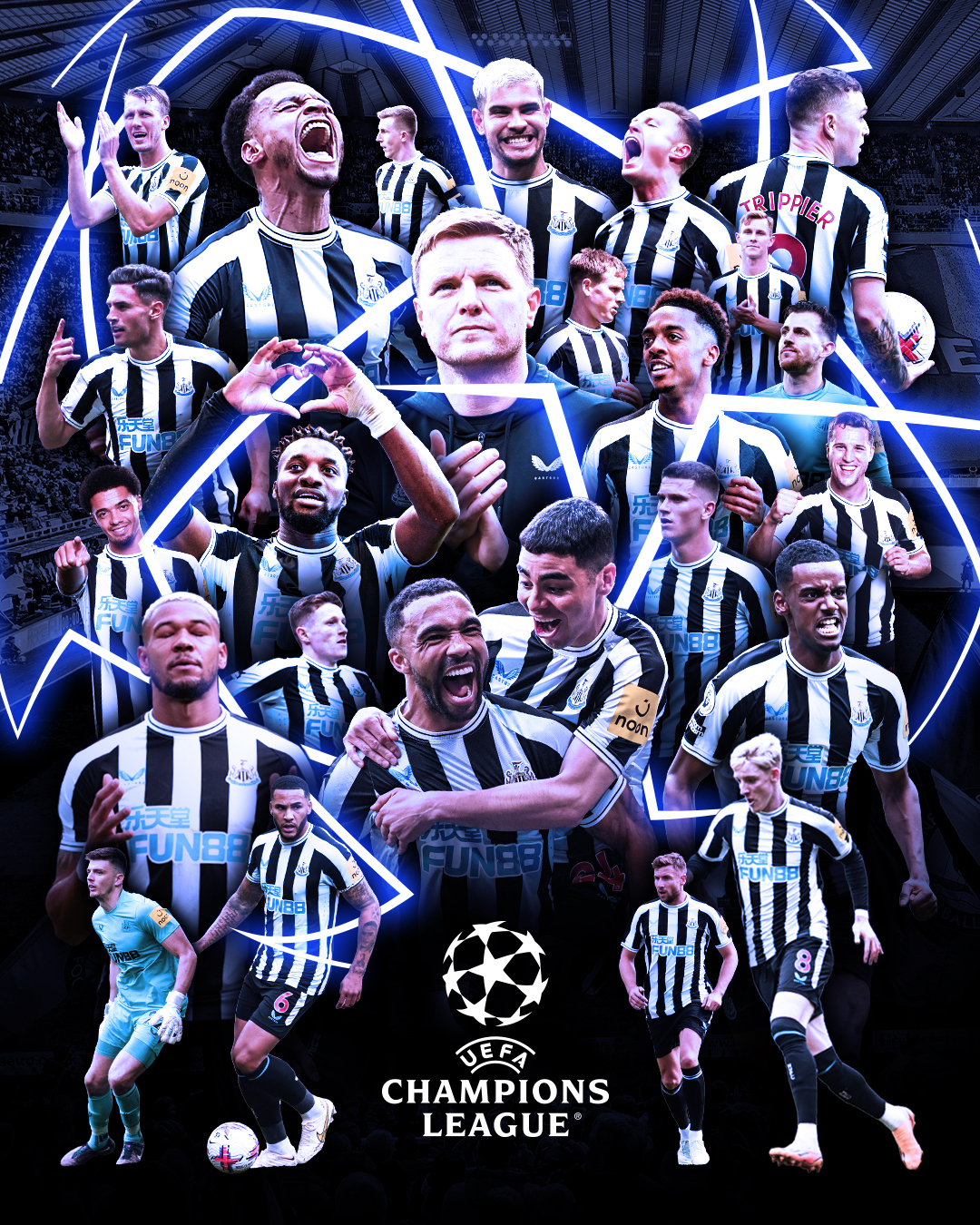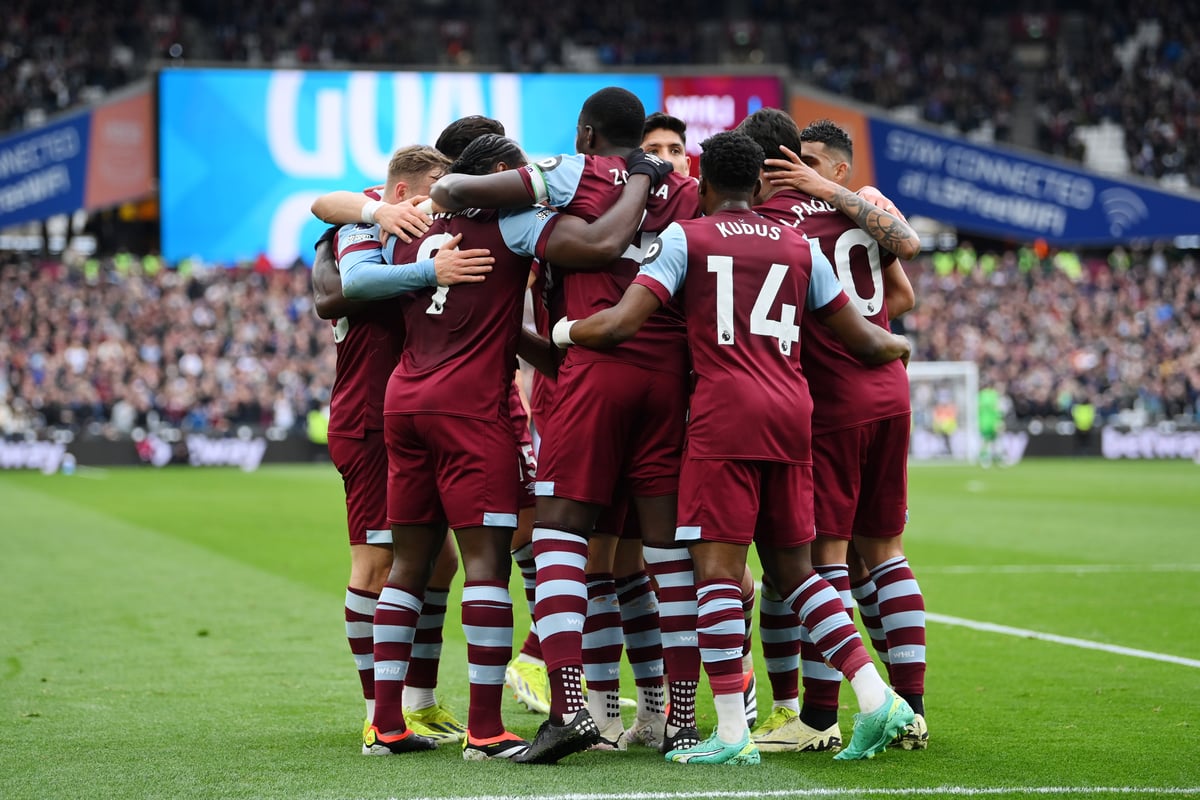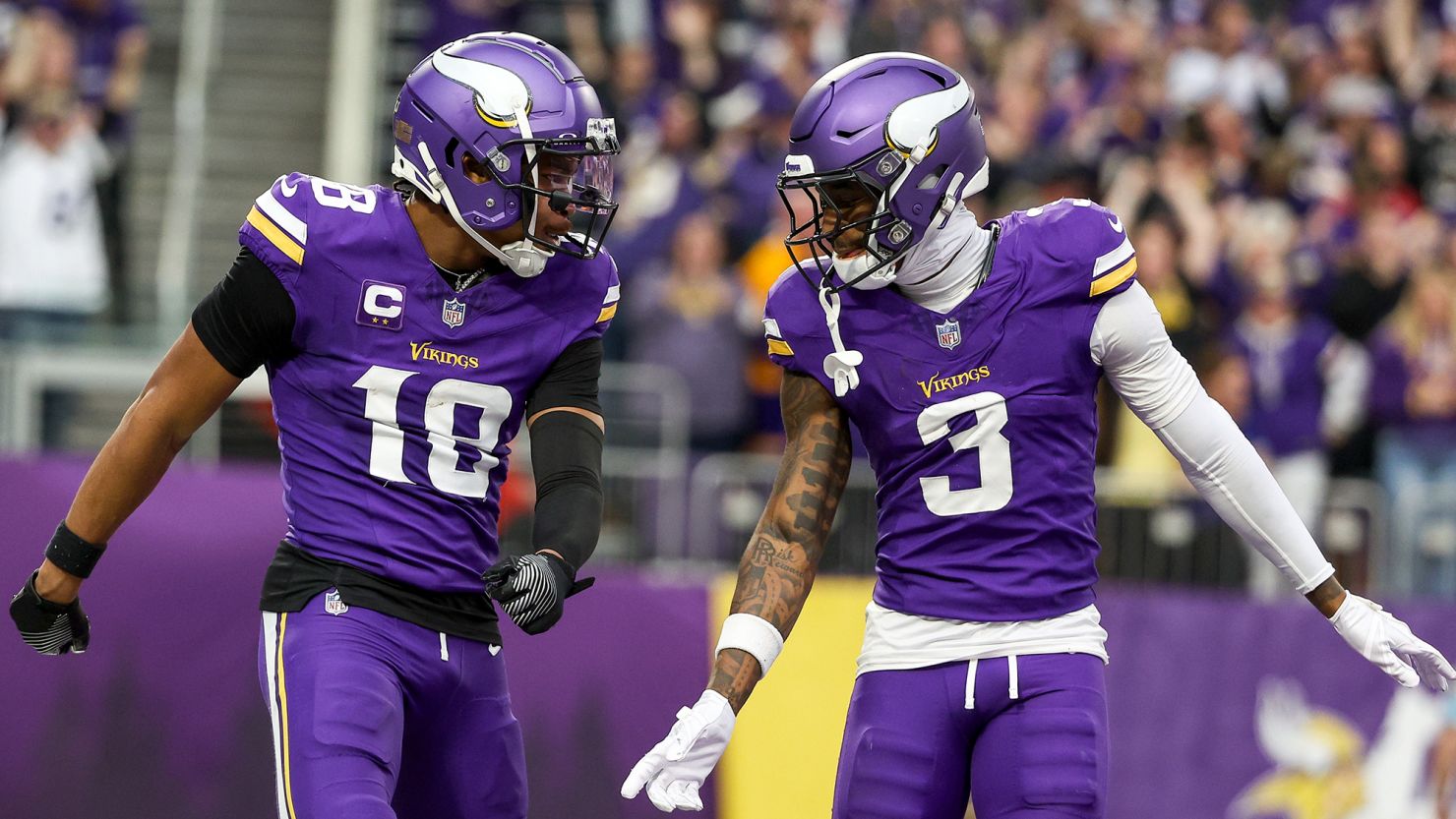When Newcastle United walked off the pitch on the final day of the Premier League season — technically beaten, but emotionally triumphant — the real victory wasn’t just on the scoreboard. It was in the boardroom. The club’s return to the Champions League marks a pivotal moment in its transformation from mid-table hopeful to global football powerhouse.
But for all the goals, tackles, and roaring fans at St. James’ Park, this is a story that’s just as much about spreadsheets, sponsorships, and strategy as it is about sport.
Let’s break down what this means — not just for the Geordie faithful, but for investors, partners, and the business of football.
1. Champions League: The Commercial Multiplier
Forget silverware for a second. The real crown jewel is qualification itself. Entry into the revamped UEFA Champions League (UCL) opens the door to a minimum of €37 million in revenue from UEFA alone. That’s before a ball is kicked.
Compare this to the UEFA Conference League’s €3.3 million baseline — the commercial gap is stark. The UCL’s new structure increases games (8 guaranteed), matchday ticketing revenue, hospitality packages, broadcast bonuses, and, perhaps most critically, brand exposure across 100+ global markets.
This isn’t just football. It’s an elite advertising platform — and Newcastle now holds a golden ticket.
2. Sponsorship & Brand Alignment: From Regional to Global
Commercial contracts are rarely static. Most include performance-related escalators — meaning Newcastle’s qualification immediately unlocks higher-tier sponsorship payments from existing partners, including Adidas and Sela.
More importantly, it radically reshapes their brand perception. Newcastle is no longer a domestic story. It’s a global brand narrative.
Expect sponsorship conversations to evolve — not just in scale, but in category:
- Luxury brands now see Newcastle as viable exposure.
- Fintech, crypto, and digital services chasing global football audiences have a new club to consider.
- Travel, tourism, and aviation brands looking for high-impact UEFA placements now have a Champions League club in the football-obsessed northeast of England.
This shift elevates Newcastle into a different sponsorship bracket — opening the door to principal partner deals potentially worth £25-30 million per year, up from current mid-tier valuations.
3. Matchday Revenue: The Local Economic Engine
Champions League home games bring more than just excitement to the terraces. They bring tourists, corporate clients, and big-spending fans.
Each of Newcastle’s four guaranteed UCL home fixtures could generate £2-4 million in local matchday revenue, including hospitality, VIP boxes, and secondary spending in the city. For a club actively expanding its stadium and hospitality operations, this isn’t just about selling tickets — it’s about monetizing experience.
Add-on benefits:
- Dynamic pricing models during UCL games.
- Increased merchandise sales on matchdays and online.
- Hospitality expansions and corporate packages become significantly more lucrative.
4. Recruitment Magnet: Talent Begets Talent
Elite players follow elite football. With UCL qualification, Newcastle can now:
- Attract higher-calibre players who previously saw them as a “project”.
- Retain top talent like Bruno Guimarães and Alexander Isak by aligning club ambition with player aspiration.
- Command higher resale value — UCL-experienced players fetch more in the market.
This has an indirect commercial benefit too. Success builds narratives. Narratives build followers. And followers build commercial clout.
5. Valuation Surge: A Club’s Market Worth Rewritten
Saudi PIF’s majority ownership makes this transformation even more consequential. Champions League participation fast-tracks club valuation growth — potentially adding £150-250 million in enterprise value within a single season, especially with consistent UCL appearances.
For context:
- In 2021, Inter Milan was valued at £800m post-UCL final.
- Napoli’s valuation soared by 40% after their UCL run in 2023.
Expect increased equity interest, higher commercial rights licensing deals, and stronger negotiation leverage in future media, streaming, and digital fan engagement ventures.
6. Leveraging UEFA Visibility for Future Partnerships
UCL participation places Newcastle front and centre on European broadcast schedules — not just in the UK, but across lucrative Asian and Middle Eastern markets.
Smart clubs use this visibility to:
- Sign regional sponsors (e.g., sleeve partners in Asia or Africa).
- Launch international academies or soccer schools.
- Expand OTT (over-the-top) streaming and fan engagement apps with partner tech companies.
Expect Newcastle to follow suit — especially with PIF’s long-term intent of creating a multi-club model with Middle East integration.
7. Infrastructure Justification: Time to Build Big
You can’t talk about Champions League football without modern facilities. Expect Newcastle to now:
- Fast-track their training ground and stadium upgrades.
- Secure naming rights deals for new or renovated assets (potential £100m+ long-term value).
- Expand fan experience platforms — hospitality lounges, digital ticketing, and global membership programs.
It’s not just about keeping up with Europe’s elite — it’s about building an ecosystem that monetizes fandom across digital and physical touchpoints.
The Big Picture: Newcastle as a Commercial Blueprint
Newcastle United’s rise is more than a football comeback — it’s a case study in accelerated value creation. With sovereign wealth backing, a loyal global fan base, a growing commercial infrastructure, and now the Champions League as a stage, the club is fast becoming one of European football’s most investable entities.
It’s a lesson for all modern clubs: performance is the start, not the end, of business transformation.
📈 Looking to position your brand in elite sport, or restructure your commercial strategy around Champions League-level platforms?
365247 Consulting specialises in helping clubs, brands, and rights holders build sustainable growth strategies in football’s new commercial era.
👉 Contact us now to build your next big move.
IMAGE – Newcastle United


